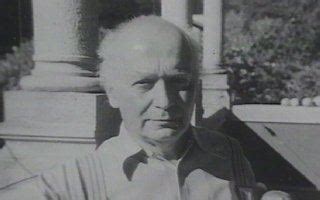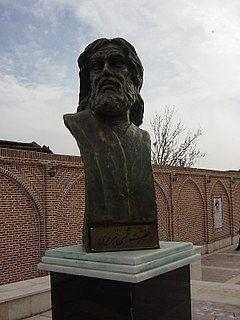A Quote by Eduardo Galeano
It's a difficult competition against silence, because silence is a perfect language, the only language which says with no words.
Related Quotes
For language to have meaning, there must be intervals of silence somewhere, to divide word from word and utterance from utterance. He who retires into silence does not necessarily hate language. Perhaps it is love and respect for language which imposes silence upon him. For the mercy of God is not heard in words unless it is heard, both before and after the words are spoken, in silence.
Words stand between silence and silence: between the silence of things and the silence of our own being. Between the silence of the world and the silence of God. When we have really met and known the world in silence, words do not separate us from the world nor from other men, nor from God, nor from ourselves because we no longer trust entirely in language to contain reality.
Many things that human words have upset are set at rest again by the
silence of animals. Animals move through the world like a caravan of
silence. A whole world, that of nature and that of animals, is filled
with silence. Nature and animals seem like protuberances of silence.
The silence of animals and the silence of nature would not be so great
and noble if it were merely a failure of language to materialize.
Silence has been entrusted to the animals and to nature as something
created for its own sake.
Writing engenders in us certain attitudes toward language. It encourages us to take words for granted. Writing has enabled us to store vast quantities of words indefinitely. This is advantageous on the one hand but dangerous on the other. The result is that we have developed a kind of false security where language is concerned, and our sensitivity to language has deteriorated. And we have become in proportion insensitive to silence.
Language designers want to design the perfect language. They want to be able to say, 'My language is perfect. It can do everything.' But it's just plain impossible to design a perfect language, because there are two ways to look at a language. One way is by looking at what can be done with that language. The other is by looking at how we feel using that language-how we feel while programming.
We usually recognize a beginning. Endings are more difficult to detect. Most often, they are realized only after reflection. Silence. We are seldom conscious when silence begins—it is only afterward that we realize what we have been a part of. In the night journeys of Canada geese, it is the silence that propels them. Thomas Merton writes, “Silence is the strength of our interior life.… If we fill our lives with silence, then we will live in hope.
These two are the parts. The inner silence - the silence so deep that there is no vibration in your being. You are, but there are no waves. You are just a pool without waves, not a single wave arises. The whole being silent, still. Inside, at the center, silence, and on the periphery, celebration and laughter. And only silence can laugh, because only silence can understand the cosmic joke.
When I was a young person I went to the university and I learned a rational language, to think with the left side of the brain. But in the right side of the brain you have intuition and imagination. Words are not the truth; they indicate the way to go, but you need to go alone, in silence. Symbols have a language that kills the words.






































